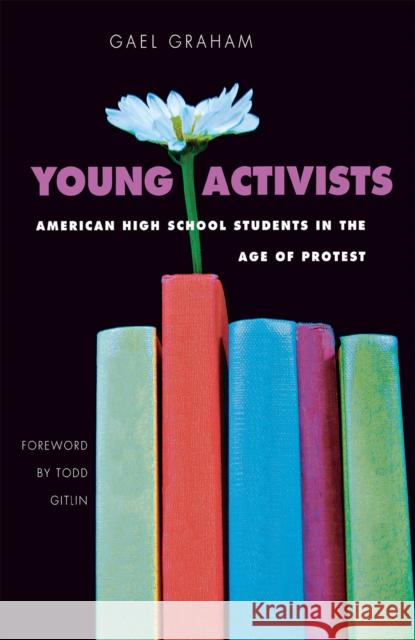Young Activists » książka
Young Activists
ISBN-13: 9780875803517 / Angielski / Twarda / 2006 / 270 str.
Teenagers of the 1960s were not isolated from the political and social turmoil of their day. The civil rights movement, the Vietnam War, and the antiauthoritarian spirit so pervasive on college campuses also infiltrated American public high schools. Challenging their relegation to the world of children, students demanded the right to express their political views and to have a voice in decisions about their education. Adopting the activist tactics of the times, they organized strikes and demonstrations, initiated petitions and boycotts, and sought recourse in lawsuits and occasional violence. Drawing upon the memories of students and teachers as well as education journals, court cases, and news magazines, "Young Activists" provides an insider's look at the diverse issues that mobilized the era's students. Activists not only clashed over domestic and foreign policies but had their own specific agendas: relaxing dress codes, taking part in school governance, and initiating changes to the curriculum. School authorities responded, warily but often positively. By the time activism waned in the mid-1970s, students had succeeded in making their high schools more open, more democratic, and more in tune with the times. Graham demonstrates that, although teenagers were indisputably influenced by the events reshaping the wider world, they were neither pawns nor mere mimics of their elders. Rather, they drew upon the rhetoric and strategies available to them in the 1960s to promote their own interests. Todd Gitlin offers a foreword that will rouse the reader's appetite for the stimulating account that follows. "Young Activists" will appeal to American historians and those who experienced the tumult of this unique era.











